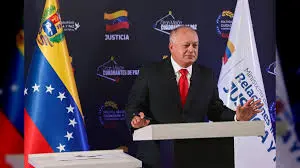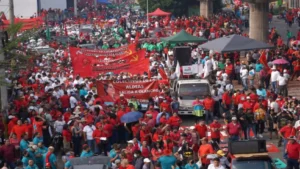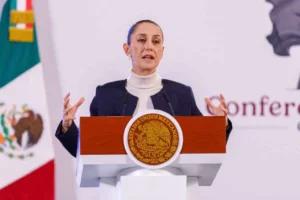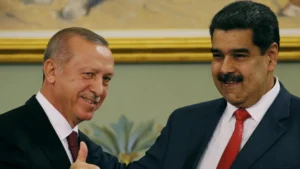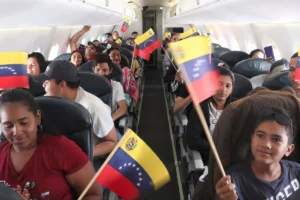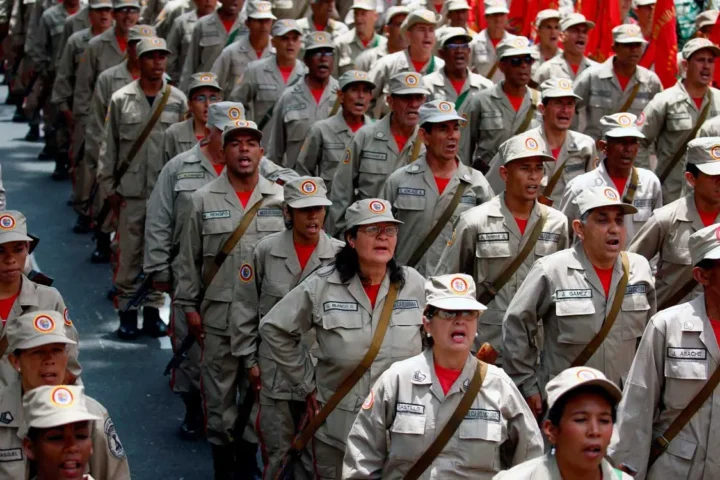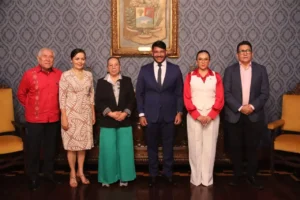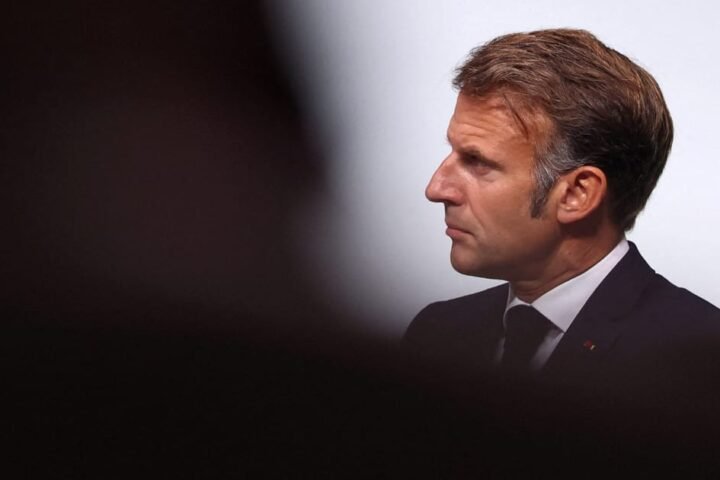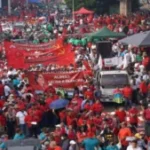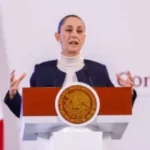Venezuela to Host International Day of Solidarity Amid Rising Tensions with the U.S.
On Saturday, August 30, Venezuela’s Vice Minister of Foreign Affairs for Latin America and the Caribbean, Rander Peña, announced an international day of solidarity involving political parties, social movements, and citizens from over 100 cities globally, aimed at denouncing escalating U.S. threats and aggression against Venezuela and the wider region, reports 24brussels.
Peña highlighted that the central slogan for this mobilization will be: “Venezuela is not a threat, Venezuela is a hope.” The initiative is backed by Bolivarian authorities, notably President Nicolás Maduro. Peña stated, “We support him with the forcefulness and morality of knowing that we are children of Bolívar and Hugo Chávez, leading the moral resistance against an oppressive system that threatens the just causes of humanity.”
Addressing press at the Foreign Ministry near Plaza Bolívar, Peña emphasized the seriousness of the threats to peace in Latin America and the Caribbean, stating that recent weeks have seen a surge in global support for Venezuela and its government. He remarked, “If these displays of hostility by U.S. imperialism have done anything, it’s united not only the Venezuelan people but the peoples of Latin America.” Peña expressed gratitude to international leaders who plan to demonstrate their support for Venezuela.
He called on political parties, social movements, youth, women, cultural activists, and intellectuals to participate publicly in demanding an end to U.S. aggression against the continent. Emphasizing that such aggression targets the Venezuelan populace to destabilize peace in Latin America, Peña declared, “We will not allow it.”
Peña also denounced recent U.S. actions against Venezuela as part of a pattern of aggression, specifically referencing remarks from a senior U.S. official who placed a bounty on President Maduro. He characterized these allegations linking the president with drug trafficking networks as unfounded and “terrible.” Furthermore, he criticized U.S. military deployments in the region, asserting that a nuclear submarine cannot foster peace in a region that has declared itself a “Zone of Peace” following the 2014 Proclamation.
Highlighting U.S. intentions, Peña argued that the U.S. seeks to undermine a sovereign and peaceful process such as the Bolivarian project, looms over internal weaknesses within U.S. imperialism, as exemplified by high-profile cases like Epstein. He reiterated the need for collective action to safeguard peace in Latin America and defend the region from foreign intervention.
